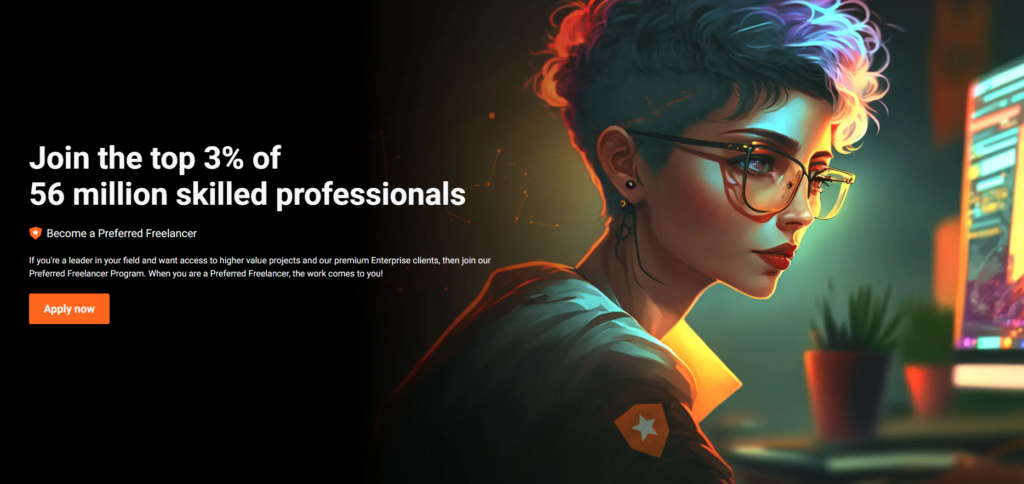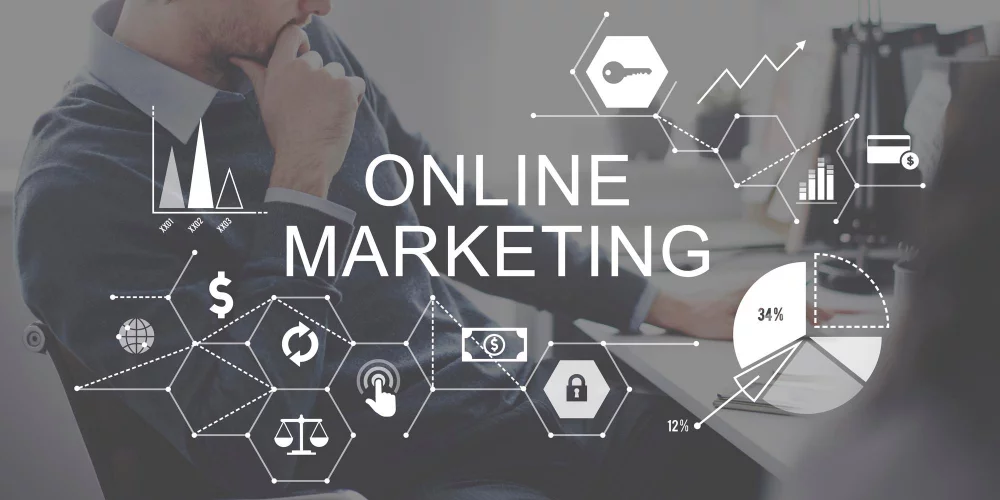Artificial intelligence is now more common than it was a few years ago. Specifically, the adoption of AI is more prevalent today than it was four years ago. The incessant demand among enterprise to beef up productivity and better decision making is making artificial intelligence a must-have for companies.
In private lives, artificial intelligence is making a similar impact. Home assistant such as Amazon Echo and Google Now, Chatbots on shopping sites, etc all are already making the impact of artificial intelligence felt in our life.
Undoubtedly, the unprecedented growth in artificial intelligence is inevitable as the benefits of artificial intelligence are pristine clear – automating repetitive tasks, better decision making, and analytics. According to a new report from MIT Sloan Management Review, 91 percent of companies expect growth in their business using AI by 2023.
This has an impact on the jobs market, as companies will continue to replace human labors with machines. Will this lead to job losses or creation?
What is the impact of artificial intelligence on jobs?
There are several reports on the impact of artificial intelligence from the industry’s leading bodies. McKinsey Global Institute predicts 800 million people will lose their job to automation, while World Economic Forum projects 75 million jobs will be displaced due to algorithms and machines. Further, the report says there will be 133 million new jobs due to this trend alone.
If you look closely, artificial intelligence will create more jobs than it will destroy. Thereby, increasing demand for AI Engineer and other AI-related roles such as machine learning engineer, NLP Engineer, etc. These jobs require completely new skillset, having nearly nothing to do with past jobs. Data Scientists, Robotic Process Automation Engineer, Machine learning and training Engineers, Analytics Manager, etc.
One or the other way, AI is becoming getting paramount for growth of industry as well as workers. However, demand for talent with AI skills is falling short. To cover this shortage of talent, industry and academia both are working in tandem. Global companies have ventured to equip employees and other professionals through AI certifications, while academic institutions have come up with yearly programs.
How to prepare for artificial intelligence roles?
Artificial intelligence roles require completely new skillset. Though building upon new skillset will take immense effort, time, and money, you have to be diligent in choosing the right skillset. MOOCs are the primary way to go to learning AI skills. Flexibility to learn at your own pace, access to resources from anywhere, are suitable options for working people. For those, who are still in nascent years of career have the option to go back to school and pursue AI-specialized courses.
Small-term certification programs from training institutes are also effective to learn AI skills.


